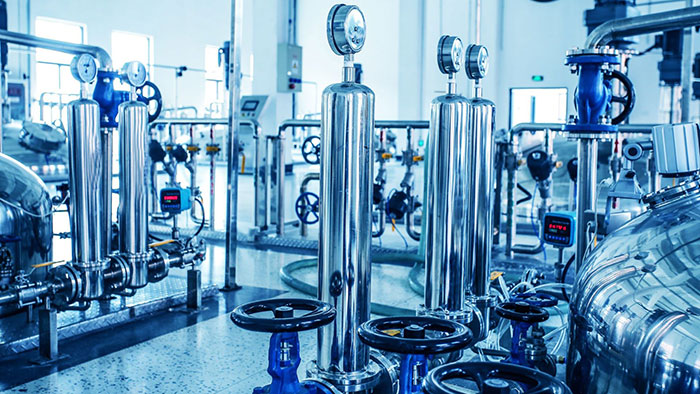The Far-Reaching Impact: How Industrial Chemicals Shape and Imperil Our Environment
2 min read
Industrial chemicals play a vital role in modern society, contributing to the development of various industries. However, their widespread use and improper disposal have raised concerns about their impact on the environment. This article explores the multifaceted effects of industrial chemicals on the environment, shedding light on their far-reaching consequences and the urgent need for sustainable practices.
- Pollution of Air and Water:
Industrial chemicals, when released into the air and water, can lead to severe pollution. Airborne emissions from factories and power plants contribute to the formation of smog and acid rain, affecting human health and ecosystems. Water bodies become contaminated through industrial waste discharge, leading to the destruction of aquatic life and compromising the quality of drinking water sources. - Soil Contamination and Agricultural Implications:
Industrial chemicals, such as pesticides, herbicides, and fertilizers, have revolutionized agriculture. However, their excessive use and improper disposal have resulted in soil contamination. This contamination not only affects soil fertility but also poses risks to human health through the consumption of contaminated crops. Additionally, the loss of beneficial soil organisms disrupts the delicate balance of ecosystems, impacting biodiversity. - Disruption of Ecosystems:
Industrial chemicals can disrupt ecosystems by accumulating in the food chain and causing imbalances. Persistent organic pollutants (POPs), such as PCBs and dioxins, can bioaccumulate in organisms, leading to reproductive issues, immune system disorders, and even death. The loss of keystone species due to chemical pollution can have cascading effects on entire ecosystems, affecting biodiversity and ecosystem services. - Climate Change and Greenhouse Gas Emissions:
Certain industrial chemicals, such as chlorofluorocarbons (CFCs) and hydrofluorocarbons (HFCs), contribute to climate change by depleting the ozone layer and enhancing the greenhouse effect. These chemicals are commonly used in refrigeration, air conditioning, and aerosol propellants. The release of greenhouse gases from industrial activities exacerbates global warming, leading to rising temperatures, sea-level rise, and extreme weather events. - Human Health Impacts:
Industrial chemicals not only harm the environment but also pose risks to human health. Exposure to toxic chemicals in the workplace can lead to occupational diseases, respiratory problems, and even cancer. Additionally, the consumption of contaminated food and water can result in acute and chronic health issues, affecting vulnerable populations disproportionately.
Conclusion:
The impact of industrial chemicals on the environment is profound and wide-ranging. From air and water pollution to soil contamination, disruption of ecosystems, climate change, and human health risks, the consequences are significant. To mitigate these effects, it is crucial to adopt sustainable practices, promote the use of safer alternatives, and implement stringent regulations. Only through collective efforts can we safeguard our environment and ensure a sustainable future for generations to come.
